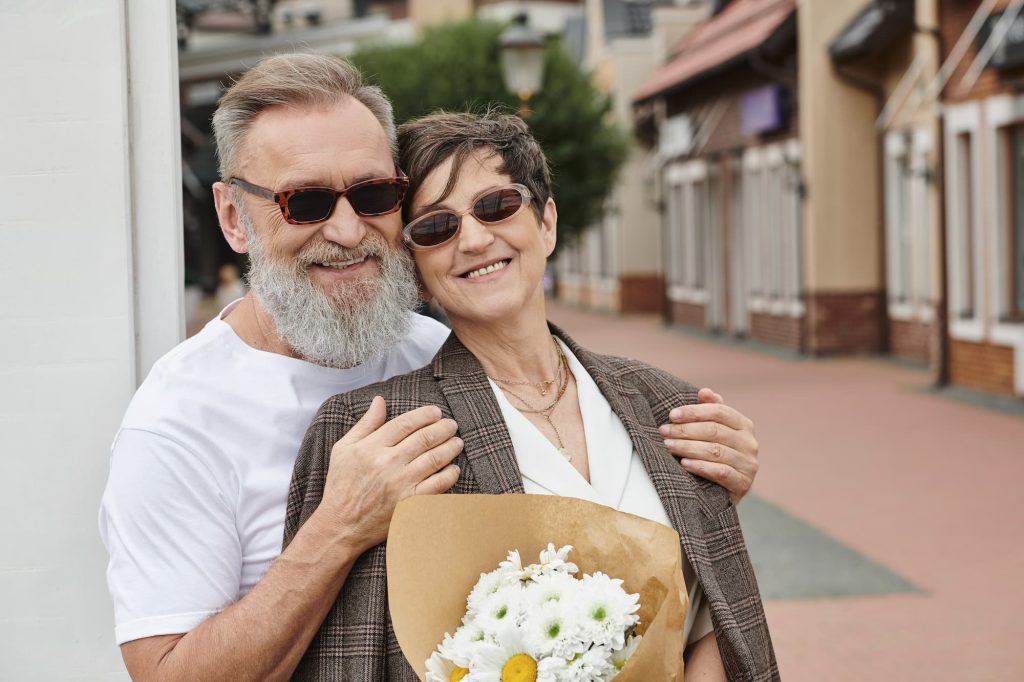In the ongoing fight for equality and recognition, the issue of discriminatory bans on the marriages of LGBTQ couples stands as a stark reminder of the challenges and prejudices that the community continues to face. Despite significant progress in some regions, many LGBTQ individuals still confront legal and societal barriers that deny them the fundamental right to marry the person they love. These discriminatory practices not only infringe on human rights but also perpetuate a culture of exclusion and inequality. As advocates push for change and societies slowly evolve, the battle against these bans remains a pivotal front in the broader struggle for LGBTQ rights and acceptance.

Health Implications of Discrimination
The impact of discrimination against LGBTQ individuals extends beyond the social and legal realms, affecting the physical and mental health of those targeted. For example, the stress and emotional distress resulting from discriminatory practices, such as bans on same-sex marriage, can have significant health implications, including on hormone levels such as testosterone. Studies have shown that chronic stress and mental health challenges can lead to hormonal imbalances, affecting overall well-being. This connection underscores the broader health consequences of discrimination, emphasizing the need for inclusive policies and societal acceptance to support the health and happiness of all individuals, regardless of their sexual orientation.
Legal and Social Barriers to LGBTQ Marriages
The Global Landscape of LGBTQ Marriage Rights
The legal status of LGBTQ marriages varies significantly around the world, with some countries embracing marriage equality while others enforce strict bans. In regions where same-sex marriage is prohibited, LGBTQ couples are often denied the same legal protections, benefits, and recognition afforded to heterosexual couples. This discrepancy not only marginalizes LGBTQ individuals but also reinforces harmful stereotypes and social stigmas, contributing to a cycle of discrimination and exclusion.
The Fight for Equality and Recognition
The movement for marriage equality has gained momentum in recent years, with activists, legal experts, and supportive communities advocating for change. Through legal challenges, public demonstrations, and awareness campaigns, these advocates have worked tirelessly to overturn discriminatory laws and promote a more inclusive understanding of marriage. Despite facing resistance, their efforts have led to significant victories, with an increasing number of jurisdictions recognizing the right of LGBTQ couples to marry and enjoy the same rights as their heterosexual counterparts.
The Role of Allies in Supporting LGBTQ Rights
Building Bridges of Understanding and Support
Allies play a crucial role in the fight against discriminatory bans on LGBTQ marriages, offering support, amplifying voices, and challenging prejudice. By standing in solidarity with the LGBTQ community, allies can help break down barriers of misunderstanding and foster a more inclusive society. Their involvement can take many forms, from participating in advocacy efforts to simply offering a listening ear or a supportive presence.
Educating and Advocating for Change
Education and advocacy are powerful tools in the battle for marriage equality. Allies can help raise awareness about the harmful effects of discriminatory bans and the importance of LGBTQ rights through various platforms, including social media, community events, and personal networks. By sharing accurate information and personal stories, they can challenge misconceptions and encourage others to rethink their views on LGBTQ marriages.
In conclusion, the struggle against discriminatory bans on LGBTQ marriages is a critical issue that affects the lives of many individuals and reflects broader societal attitudes towards diversity and inclusion. The health implications of such discrimination, including its impact on hormone levels and overall well-being, highlight the urgent need for supportive policies and societal acceptance. Through legal reform, advocacy, and the support of allies, progress can be made toward a future where all individuals have the right to marry the person they love, free from discrimination and prejudice. The journey towards equality is long and fraught with challenges, but through collective effort and perseverance, a more inclusive and equitable society is possible.